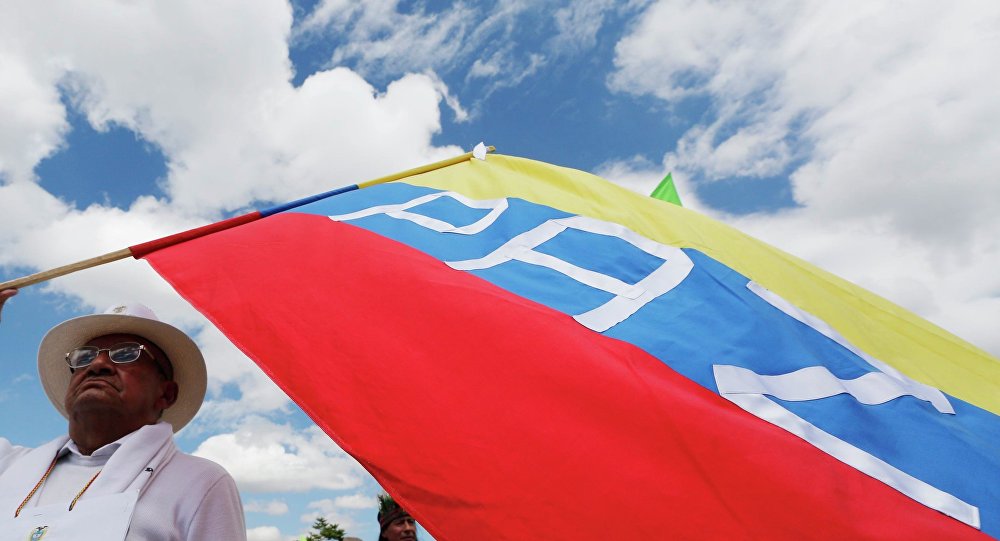Colombian human rights organization, the Institute of Development and Peace Studies (INDEPAZ), on Tuesday, November 29, reported that at least 23 irregular armed groups operating in the country had expressed their intention to join President Gustavo Petro’s ‘Total Peace’ policy in the past four months.
In its report on the Presence of Armed Groups in Colombia 2021-2022, INDEPAZ highlighted that the armed groups had showed their willingness to engage in dialogue in response to the call made by President Petro to “accept legal benefits in exchange for peace and definitive non-repetition of violence.”
Desafío a la paz total. Lo que recibió el gobierno de Gustavo Petro.
Informe sobre presencia de grupos armados en Colombia 2021 – 2022 (1)https://t.co/D23dENxxMF pic.twitter.com/RdLi5GbGrd
— INDEPAZ (@Indepaz) November 29, 2022
Following his inauguration in early August, Petro, the first left-wing president of Colombia, vowed to achieve absolute peace and protect the population affected by violence across the country. In this regard, he announced the resumption of peace talks with the leftist guerilla group the National Liberation Army (ELN); pledged to fully implement the peace agreements signed with now demobilized Revolutionary Armed Forces of Colombia (FARC) guerilla group in 2016; and promoted peace negotiations with all illegal paramilitary and drug-trafficking groups willing to submit to justice.
As a result of the constant efforts of the Petro government to reach armed groups in all parts of the country to convince them to commit to peace, in September, ten groups agreed to join the ‘Total Peace’ initiative and declared a unilateral ceasefire.
Among the groups that had decided to negotiate peace and lay down arms include the dissident groups of the demobilized FARC: the Estado Mayor Central, the Segunda Marquetalia, the South-eastern bloc and the Western Coordinating Command; the guerilla groups: the ELN and the Movimiento Revolucionario del Pueblo; and drug cartels such as Clan del Golfo, Los Pachencas, Los Pachelly, Los Caparros, Los Shotas, Los Espartanos, Los Costeños, Los Rastrojos, and La Oficina de Envigado, among others.
The report came a week after the resumption of the dialogue process between the Colombian Government and the ELN. On November 21, following their first meeting in Caracas, Venezuela, the delegations of the Petro government and the ELN expressed their willingness to advance in the process to build peace based on democracy with justice.
This new peace process, led by the Petro government, could end nearly 60 years of internal armed conflict in Colombia as well as the violence against social leaders, who are often threatened and killed in the country.
According to the INDEPAZ, between January 1 and November 29, 2022, 171 environmentalists, land defenders, water defenders, human rights defenders, Afro-descendent, Indigenous, peasant and social leaders had been killed by illegal armed groups. Additionally, during this period, 36 ex-combatants of the FARC, who were in the reincorporation process, had also been murdered. In addition to these assassinations, around 300 people had been slaughtered in 91 massacres.





